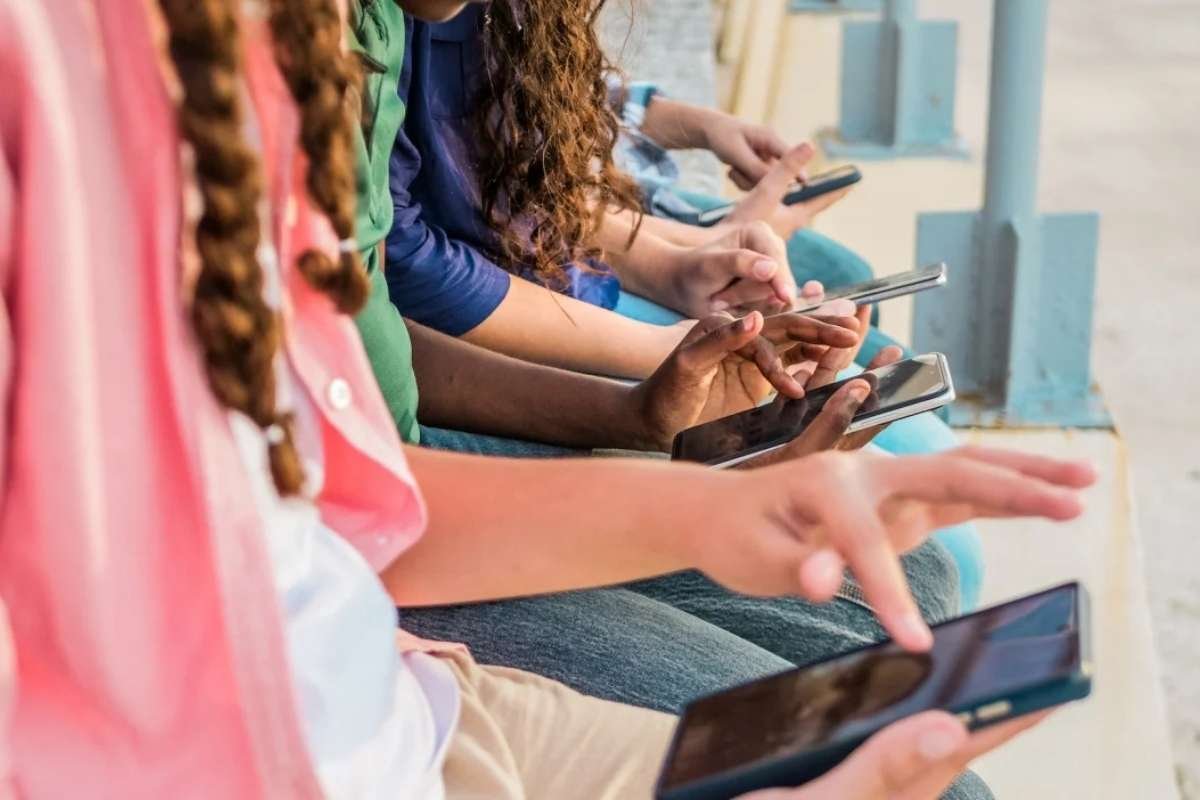A new national study conducted by Mission Australia challenges prevailing views about the dangers of teen social media use on youth mental health. Surveying 17,480 teenagers aged 15 to 19 across the country, the findings indicate that moderate social media use—defined as one to three hours daily could support, or even enhance, mental wellbeing in adolescents.
Teenagers who engaged in moderate teen social media use were more likely (61%) to feel a sense of control over their lives compared to both low users (59%) and heavy users (51%). In terms of seeking help from parents, moderate and low users were equally proactive (63%), suggesting that balanced social media habits may not interfere with essential real-world support networks. Additionally, moderate users were less likely to report difficulties with social interaction.
With new legislation poised to ban under-16s from accessing platforms like TikTok, Snapchat, and Instagram by the end of the year, the results raise important questions about the impact of such restrictions on teen social media use. A staggering 97% of teens reported using social media daily, with 53% falling within the moderate-use category.
High Usage Still Linked to Mental Health Risks, Especially for Gender Diverse Teens
Despite the positive outcomes among moderate users, the study also reinforced known concerns around excessive teen social media use. Teenagers spending more than three hours a day online were more likely to experience negative emotional states, including hopelessness, loneliness, and a perceived lack of control.
The impact was especially pronounced among gender diverse youth. Nearly half (48%) of this group reported high social media use, and 64% experienced significant psychological distress, markedly higher than their female (35%) and male (20%) peers. Experts suggest that online spaces may offer community and support for gender diverse teens, but also acknowledge the risks associated with extended exposure.
Dr. Louise La Sala from the youth mental health organization Orygen pointed out that the narrative around social media should be more nuanced. “Moderate users fared better or as well as low users across multiple wellbeing indicators,” she said, cautioning against broad generalizations that paint social media as inherently harmful.
Experts Call for Holistic Digital Wellbeing Strategy Over Blanket Bans
With the Australian government moving forward with plans to restrict social media access for under-16s and potentially implement age verification systems, experts are urging a more measured approach. Communications Minister Anika Wells is expected to make decisions regarding platform compliance and verification methods by July.
Prime Minister Anthony Albanese has emphasized the need for young people to engage in offline activities. However, survey results show that social media use does not necessarily displace physical or social engagement. 67% of low and moderate users, and 55% of high users, reported participating in sports.
Dr. La Sala advocates for a more comprehensive strategy: “Rather than just banning platforms, we need to invest in digital literacy and ensure safer online spaces. This discussion around teen social media use should spark wider reforms in how we approach digital wellbeing, not bring it to a close.”
Visit The Lifesciences Magazine to read more.







